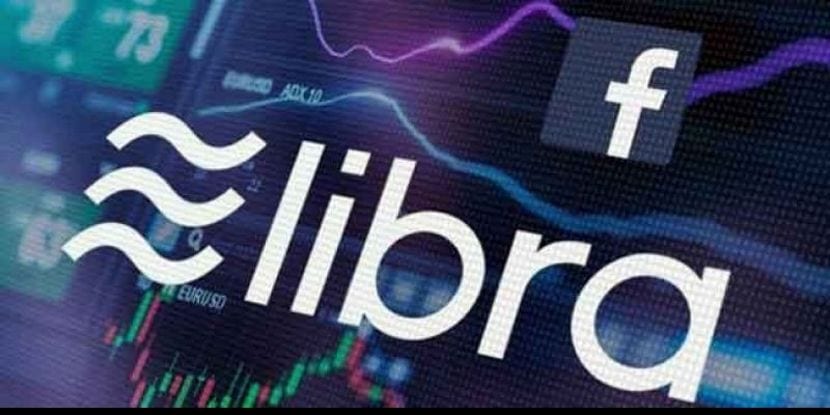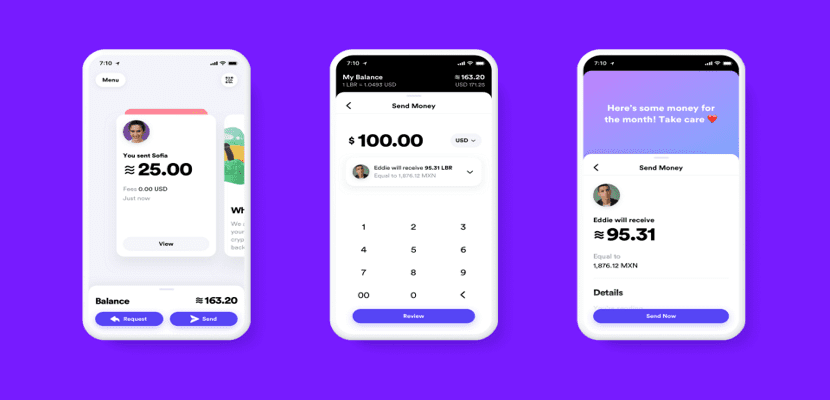
Last week, Donald Trump had clearly positioned himself as an opponent of the Libra project (cryptocurrency launched by Facebook) this week, during a comparison before a committee of the United States Congress, David Marcus an American businessman director of Facebook's Libra cryptocurrency project, was presented with a simple message: Facebook knows that decision makers are concerned about Libra and they won't move the project forward until their concerns are resolved.
Contrary to your initial view, Marcus' comments at the hearings on Tuesday and Wednesday revealed a radical change in the design of Libra on Facebook. In the initial vision of the company, Libra would be an open and largely decentralized network, similar to Bitcoin. The core network would not be available to regulators.
Regulatory compliance would be with the stock exchanges, portfolios and other services that make up the "access and exit ramps" of the Libra ecosystem.
This ambitious project, driven by the vision stated above, it has never been to the liking of Donald Trump and the United States government.

According to the president of the United States, Bitcoin and other cryptocurrencies have a very volatile value, based on air, do not represent money.
"If Facebook and other companies want to become a bank, they have to seek a new banking statute and be subject to all banking regulations, like other banks, national and international," said Trump, through his Twitter account.
In light of the divergent perceptions, Facebook now seems to acknowledge that its initial view was inappropriate.
So this week David Marcus outlined a new vision for Libra.
A strategy in which the Libra Association (a consortium that involves some 28 companies in the financial, electronic commerce, technology and telecommunications sectors) will assume an important responsibility to ensure compliance with the laws on money laundering, financing of terrorism and other financial crimes.
In fact, this statement from the Libra project leader follows the statement not only from the US president.
But Also from the Chairman of the Federal Reserve, Jerome Powell, who, on a trip, said to lawmakers that the plan for Facebook to create a digital currency called Libra
"Could not move forward if it did not address concerns about privacy, money laundering, consumer protection and financial stability"

Marcus's speech on Wednesday introduced an abrupt change in Facebook's position. At Tuesday's hearing before the Senate Banking Committee, senators questioned Marcus about the risk of money laundering and other financial crimes in the Libra network.
Marcus took on a very different tone than his colleagues a month earlier.
"Regarding the Libra network, we will have an anti-money laundering program," former PayPal chairman David Marcus said Tuesday. Later, he promised to ensure that "appropriate measures are taken to prevent this network from being used for purposes other than those for which it was designed."
Wednesday, Marcus made a more specific commitment, promising that the partnership around Libra:
"Will implement safeguards that will compel service providers in the Libra network to fight money laundering, terrorist financing and other financial crimes."
The consortium around Libra will eventually control the Libra network as it decides who can be a validator and that you will control the currency used for each Libra currency.
Therefore, regulators can pressure the Libra association to enforce the laws throughout the Libra network. A key question is how the association will enforce the regulatory requirements.
The most obvious way to do this would be to require that each transaction in Libra be signed by an exchange service previously approved by the Libra association.
The association could then periodically verify these portfolios, ensure that they are properly compliant with various regulations, and report back to authorities in the US and around the world.
Or conversely, the association could require a portfolio to first obtain regulatory approval from the countries where it is active and then add the portfolio service to the official list.
https://app.grammarly.com